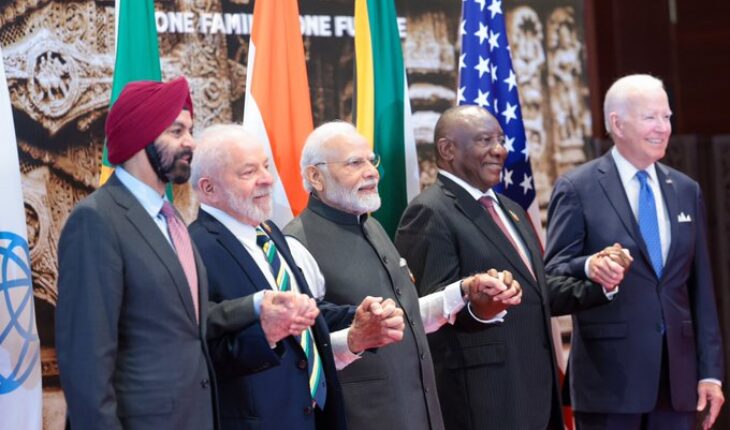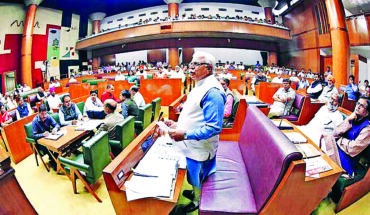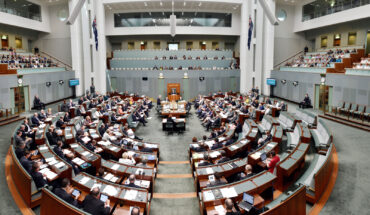The recent Leaders’ Summit under India’s G-20 presidency concluded with an unprecedented victory. Against the odds, the New Delhi Declaration was unanimously adopted, which came as a surprise to many. The pessimism stemmed from the well-known division between the G-7-EU alliance and the Russia-China duo regarding the Ukraine conflict. The UN Security Council has been a testament to this deadlock, with both factions consistently wielding their veto powers. The 2022 Indonesian G-20 negotiators managed a joint statement that criticised Russia. However, this consensus was fleeting. This year saw Russia and China staunchly oppose any repetition. Given these dynamics, India’s tactful approach was to build a consensus on other topics before addressing the Ukraine issue. The pivotal moment came when the G-7 softened its stance, leading to a more balanced Declaration. India’s strategy to tread the “middle path” and Prime Minister Narendra Modi’s personal diplomacy with G-20 leaders were instrumental. Substantive outcomes of the Declaration include cryptocurrency regulation insights and an almost $10 trillion allocation for climate change initiatives. Yet, setting clear deadlines for phasing out fossil fuels remains a challenge. Other notable initiatives were the African Union’s inclusion, rectifying an imbalance in the G-20. The inception of the Global Biofuel Alliance marks a stride towards alternative energy solutions. The proposed India-Middle East-Europe Corridor holds immense potential, although the intricacies of its execution remain under wraps. In an unconventional move, India expanded the G-20 format, organising 200 meetings across over 60 cities, attracting a vast influx of global officials. This break from tradition, though cost-intensive, has redefined the G-20’s image, transforming it from a mundane summit to a vibrant global event. In essence, India’s G-20 presidency has showcased the nation’s ability to mediate in a polarised world. Mr Modi’s planned virtual “review” in November aims to uphold the integrity of decisions made, ensuring they don’t merely remain on paper. Truly, this has been India’s defining G-20 moment.
G-20 bridged global divides successfully
|
September 16, 2023 |






